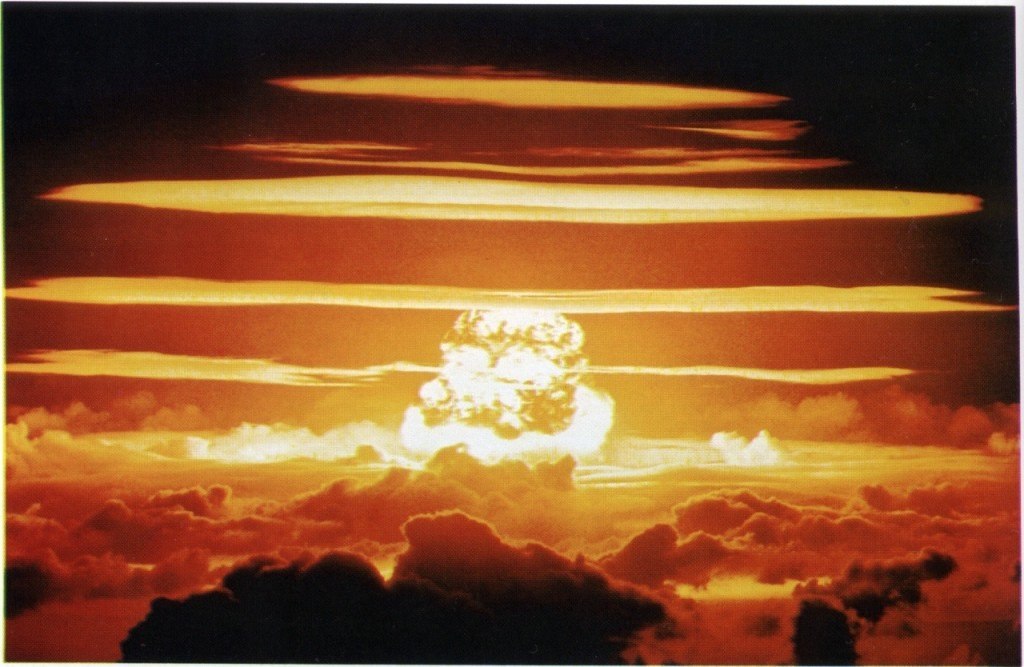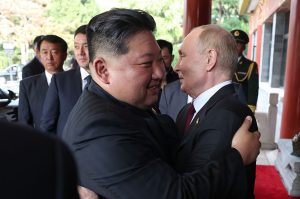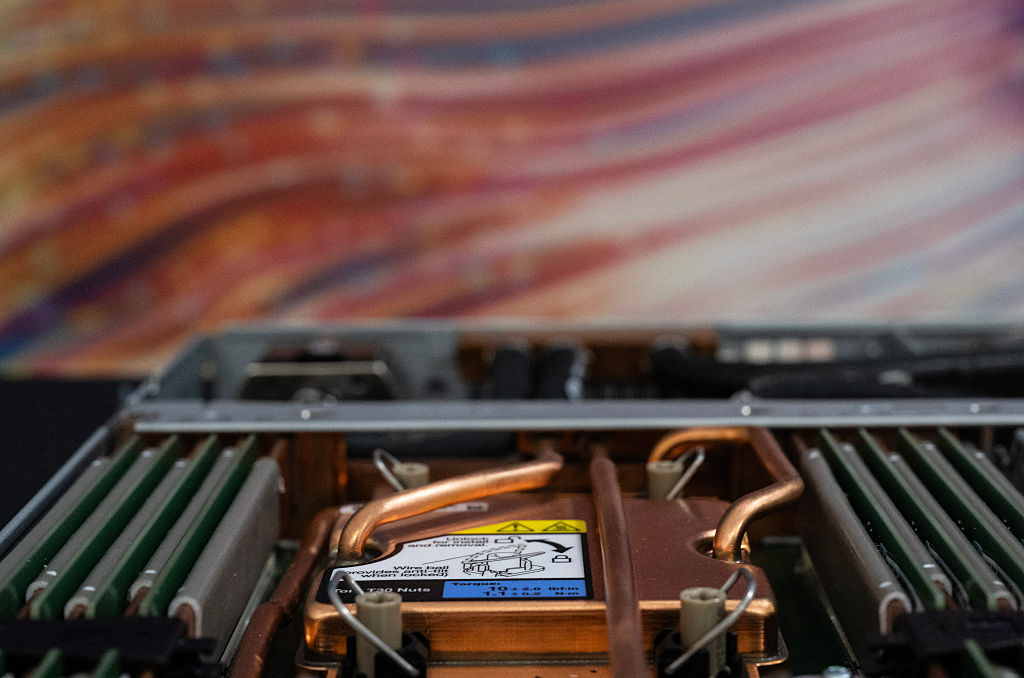“Nuclear war is part of our strategic culture. Yes, we would start one if our homeland, our way of life, was threatened, absolutely. Why wouldn’t we?”
That’s what a retired Russian diplomat told me on the sidelines of a track-two dialogue between US, Russian and Chinese experts back in 2012. And to be honest, for several years, I didn’t believe him. I took his comments as bragging, atomic machismo, if you will.
The context of the conversation was a response to a question to my Russian colleague on the subject of Moscow’s nuclear weapons doctrine and thinking. Russia for several years has believed in the concept of escalating nuclear tensions to deescalate tensions, or what defense scholars call “escalate to deescalate.”
The thinking goes that if Moscow’s actual territory was under threat by overwhelming conventional force — think a NATO attack — then Russia reserved the right to respond with tactical nuclear weapons, or more, as Moscow has no way to win a long-term conventional war against NATO forces.
In fact, in wargame simulations I have participated in for several years now, we always assume that Russia would use tactical nuclear weapons against NATO if a war ever did break out.
But such thinking leaves a lot of ground uncovered. NATO is not exactly itching for a fight with Moscow or to attack its territory, even with Russia’s invasion of Ukraine still unfolding.
Back in 2012, I pressed my Russian colleague, asking in what other situations Russia would use nuclear weapons, if any. He explained that “if anything threatens our ability to exist as a nation and prosper, it is my view that we would use nuclear weapons.”
I didn’t believe him then, but I do now.
With Russian President Vladimir Putin now putting his nation’s nuclear forces on alert status, Moscow is signaling to us that recent arms shipments, sanctions, lashings in the media, and pressure placed on the Putin government are rattling nerves.
Putin is trying to tell us in no uncertain terms that we are coming close to his geopolitical redlines and, like a caged animal, he will strike back if we apply too much pressure. That could even mean using nuclear weapons.
Recent sanctions that have targeted Russian banks and their access to the SWIFT messaging network were surely the triggers for Putin to flex his nuclear muscles. With ten Russian banks now essentially locked out of global markets and Moscow’s Central Bank limited in how it can use its $600 billion dollars in foreign exchange reserves, Putin is now facing what could be a financial crisis on par with what Boris Yeltsin faced in 1998, when the Russian economy nearly collapsed.
The good news, if there is any, is that peace talks seem to be underway whereby both sides could come to some sort of agreement to end hostilities. Ukraine, for example, could make a formal pledge not to join NATO in name only, but so tightly knit itself to the alliance and the EU that Russia would think twice about a second invasion. Russia may accept that, knowing its forces would need at this point to rely on heavy weapons, large-scale bombing, hundreds more missile strikes, and much more overall force to truly take over Ukraine.
But here is where things could go from bad to worse. If both sides can’t come to a deal, Putin may decide to truly go all in against Kyiv, determining that a scorched earth policy and winning at any cost is better than taking weeks or months to take the country in full. The level of carnage we would see would be something akin to images from World War II: bombed-out cities, bodies on the streets, and total carnage everywhere.
The world would be horrified — and would demand action against Russia. What would the West do? It’s likely that more weapons would flow into Ukraine on a grand scale, putting more pressure on Putin to respond. More sanctions would then follow, including disconnecting all of Russia’s banks and financial institutions from SWIFT, including entities tied to Russian energy, the lifeblood of Moscow’s economy.
At that point, Russia’s way of life, its ability to exist, would be threatened. The Putin regime would be threatened. What, oh, what would Moscow do then? Think “escalate to deescalate” — and that could mean something horrible for all of us.

























